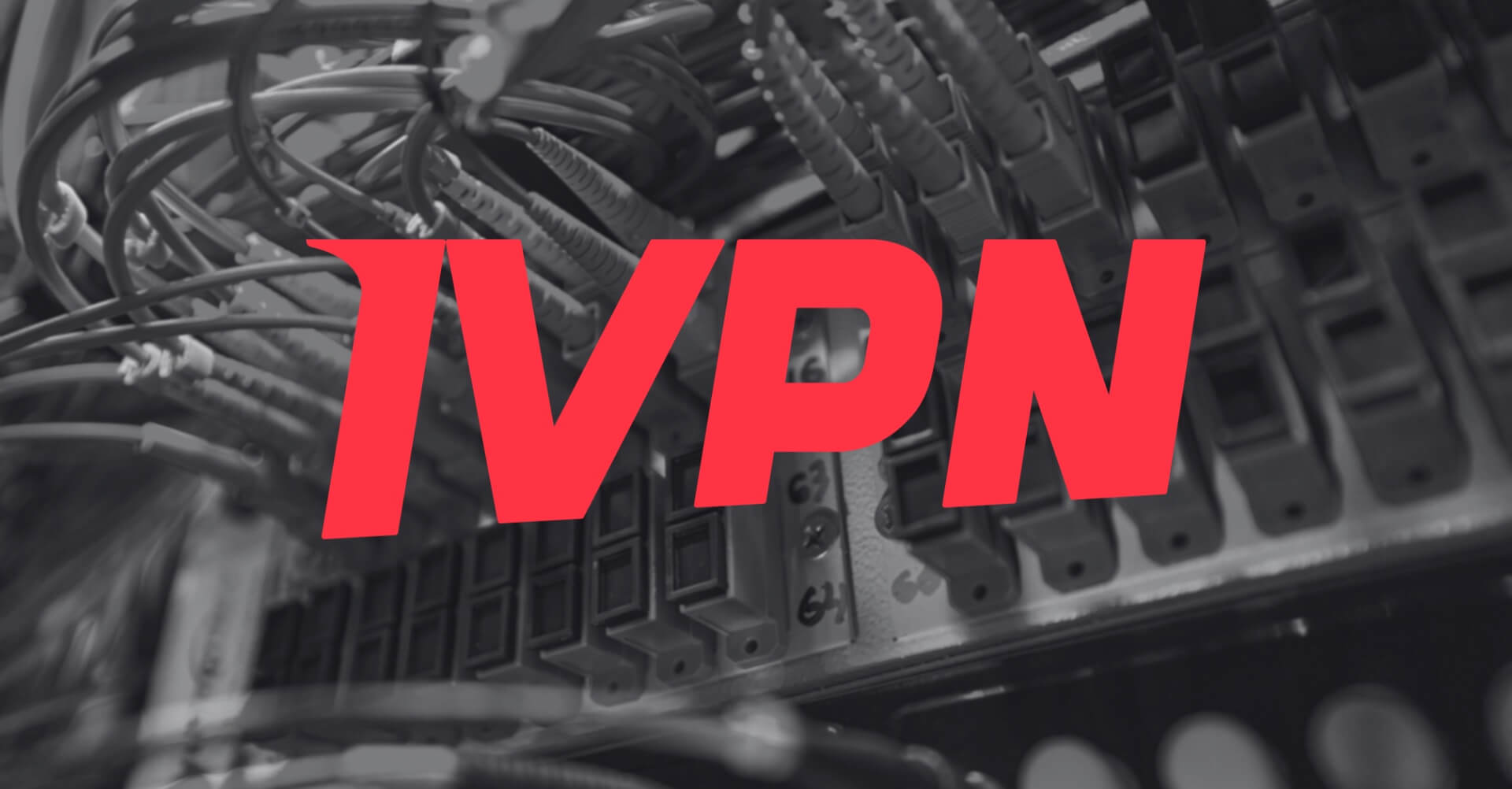Tag: mullvad
-

After Influx of New Users from Mullvad, IVPN Will Also End Support for Port Forwarding
Last month, the revered VPN provider Mullvad announced they were removing port forwarding from their service citing abuse and legal concerns. Now IVPN, another reputable VPN service, has announced they too will be phasing out port forwarding from their offerings. In a blog post, IVPN explained that while most of their customers use the port…
-

Mullvad’s Misguided Move into Search and Browsers
Mullvad, a renowned VPN service provider, recently introduced Mullvad Leta, a search engine exclusive to users with a paid Mullvad VPN account. While Mullvad aims to provide additional privacy-focused features, some users may question the effectiveness and purpose of Mullvad Leta. With numerous existing privacy-based search engines available, such as Brave Search, DuckDuckGo, Startpage, and…
-

Mullvad VPN to Remove Port Forwarding Feature, Citing Security Concerns
In a move that has drawn attention from the cybersecurity community, Mullvad VPN, a popular provider known for its commitment to privacy, has announced it is discontinuing support for port forwarding. The company cites frequent misuse of this feature, leading to negative experiences for the majority of its users, and more troublingly, garnering unwanted attention…
-

Code Highlight: Scraping IP’s from Mullvad
We frequently rely on publicly available data such as IP addresses and hostnames to conduct our testing and analysis. Sometime it’s easy to access and sometimes we have to do a little extra work. However, getting access to this data in a structured format can be quite challenging. Enter the Mullvad Extractor – a nifty…
-

10+ Reasons Why Mullvad Is One of the Most Popular VPNs
For newcomers, here’s 10 reasons why: Bonus:




